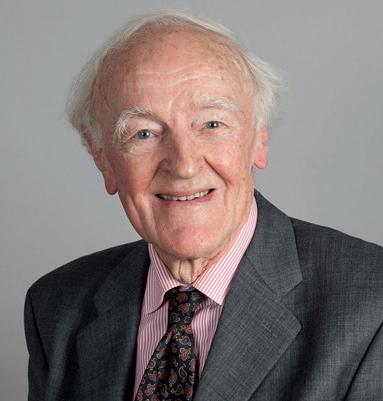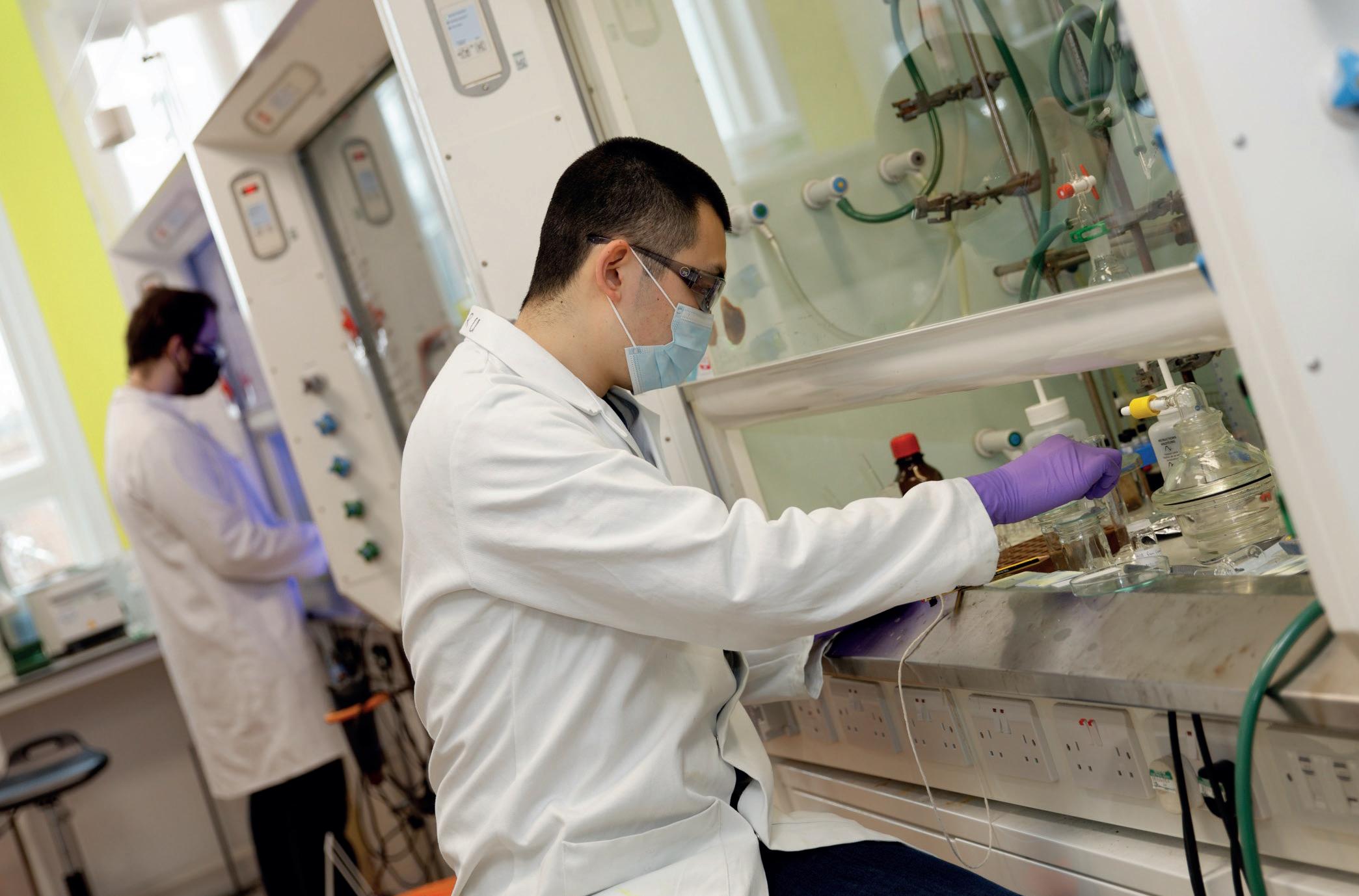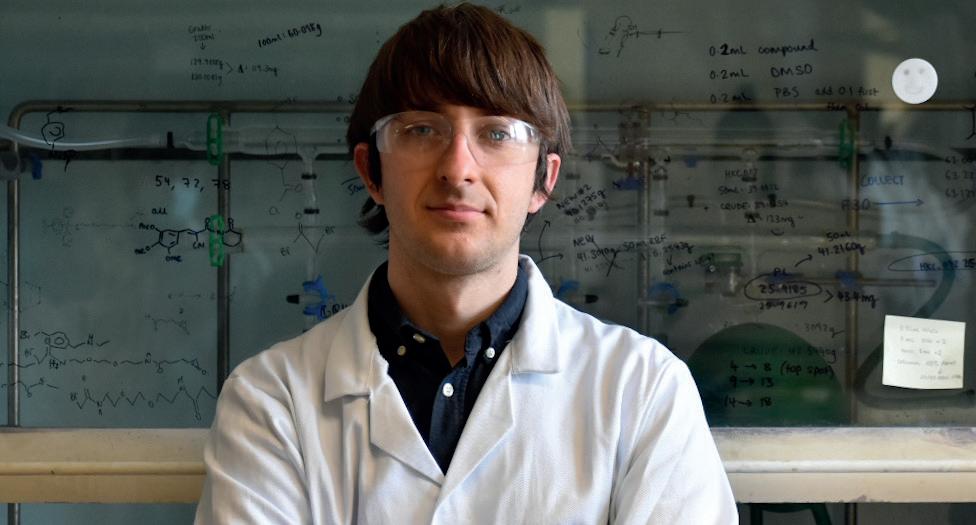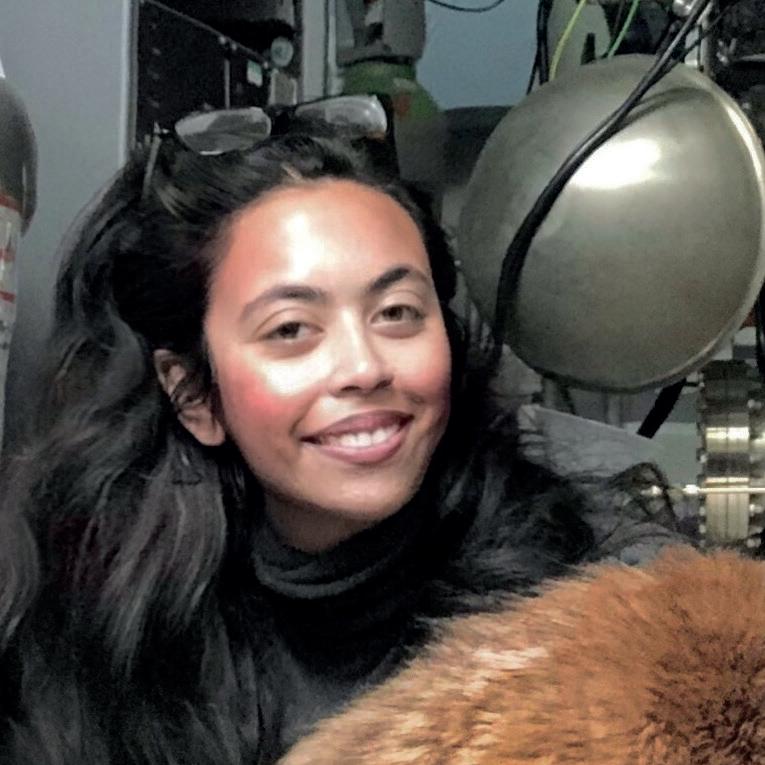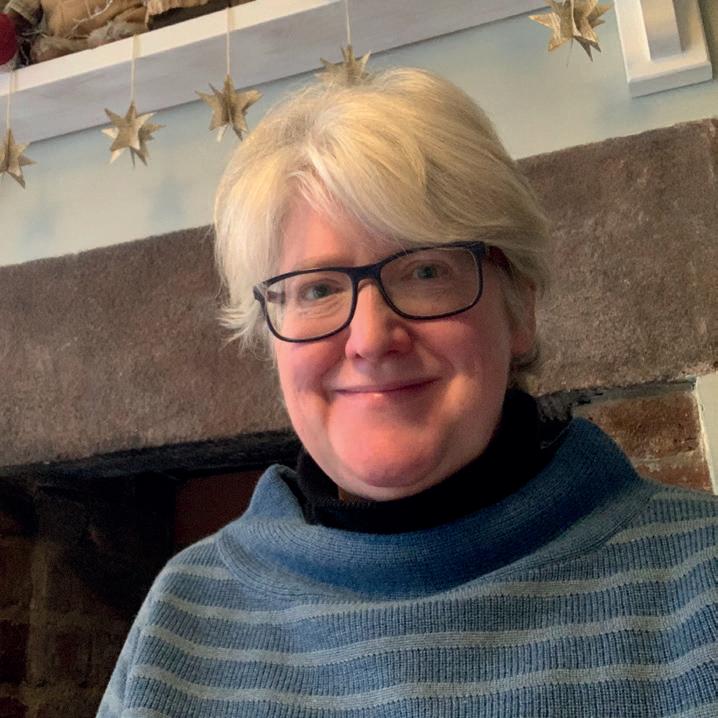
2 minute read
Race to the finish
from Chem@Cam Issue 62
Over 40 teams took part in this year’s Chemistry Race on 6 February, a new competition for sixth form students organised by Adam Prada, a third-year PhD student in Stuart Althorpe’s Theoretical Chemistry group.
In the competition, teams ‘race’ against the clock and each other to solve unusual chemistry problems suitable for sixth-form chemistry students.
Each participating five-member team is given six questions at any one time, so team members can work in parallel and submit answers as soon as they are finished. Points are scored for correct questions, although the number of points decreases with the number of submission attempts.
“If a team is struggling we can also ask them what the problem is and give hints, which is a good educational experience for both the organisers and the participants,” says Adam. The team with the most points at the end of the twohour period wins.
Of course, Covid has changed the nature of the competition this year. The advantage of moving the competition online meant that more teams were able to participate, up from 24 last year. The teams also came from a much wider region, with the farthest being DJ Chemistry from Durham Johnston Comprehensive School in Durham. And although the organisers couldn’t completely recreate the social interactions between teams, which is part of the fun, they were still able to give hints and encourage questions using video chats, and even had a ‘live’ closing ceremony on the interactive site Gather Town.
Chemistry Race was founded at the University of Pardubice in Czechia (formally known as the Czech Republic) in 2015. “I was involved in the Czech competition for a few years while I was already at Cambridge, because it was founded by my friend Jan Hrubeš,” explains Adam, who came to Cambridge from Czechia in 2014. “And two years ago, I thought ‘why not bring it to Cambridge?” His offer was “met with enthusiastic support” by Head of Department James Keeler, and the first competition was held last year.
This year’s winning team was The Standard Solutions from King Edward VI Camphill School for Boys, a state-funded selective school in Birmingham. Radley College’s team Cerious came in second. After an initial three-way tie, third place was awarded to Westbourne School, who edged out DJ Chemistry and Chem Taj (Queen Elizabeth’s School) on points scored for the highest question solved.
In addition to other prizes, all three top teams were awarded the ever-popular drinks mugs shaped like beakers: “Because it’s a chemistry competition, we wanted to have a prize related to chemistry,” says Adam. Fittingly, the beaker mugs are made in Chechia, where the competition started.
Competition winners The Standard Solutions.


